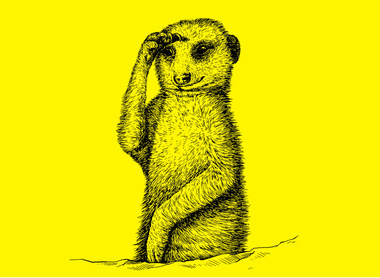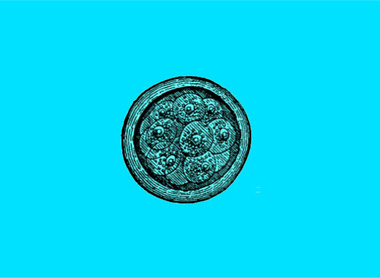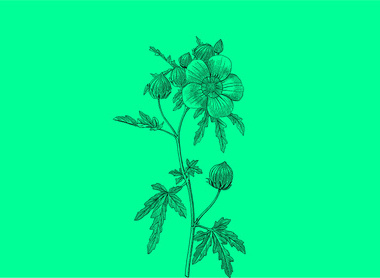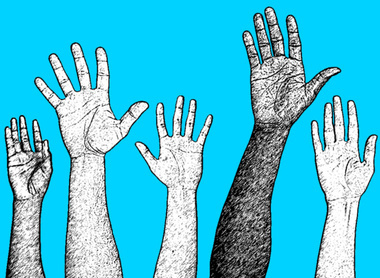
Special Interest Groups have played an integral role in the SEB's evolution. They form sub-communities within SEB who have a shared interest in a specific field with the aim of advancing research, knowledge, and learning in that area. The inception of Special Interest Groups in 1975 began with the Neurobiology Group, led by M. Burrows, alongside committee members G. Horn, G. A. Kerkut, and P. N. R. Usherwood. Their contributions to the meeting at Queen Mary College in December 1975 - a session with six papers, chaired by J. Palka - set the stage for the formation of other Special Interest Groups.
Following this success, 1976 saw the proposal of four additional Special Interest Groups:
- The Nucleic Acid and Protein group, spearheaded by D. Boulter, with committee members M. R. Hatley and A. P. Sims.
- The Plant Growth and Substance group, convened by J. Hillman, and supported by D. J. Osborne, P. F. Wareing, and D. L. Laidman.
- The Respiration Group, with P. J. Butler as Convener, along with committee members B. L. Bayne, D. M. Dennison, and G. M. Hughes, planning sessions on "anaerobiosis and environmental hypoxia" and "control of ventilation."
- The Environmental Physiology Group, emerging as a response to the need for a niche within the learned society for environmental physiologists.
New Special Interest Groups have been proposed to the Council over the last 45 years, with regular reviews to ensure alignment with the evolving interests of the experimental biology community.
Presently, there are 23 active Special Interest Groups. These groups contribute to organising sessions at the Annual Conference and Symposia. Each Special Interest Group is led by a dedicated convenor, and collectively, these convenors form the SEB Scientific Section Committees. The current Special Interest Groups encompass a diverse range of topics, reflecting the vibrant landscape of experimental biology:
You can promote this by downloading the SIG poster by clicking here.






